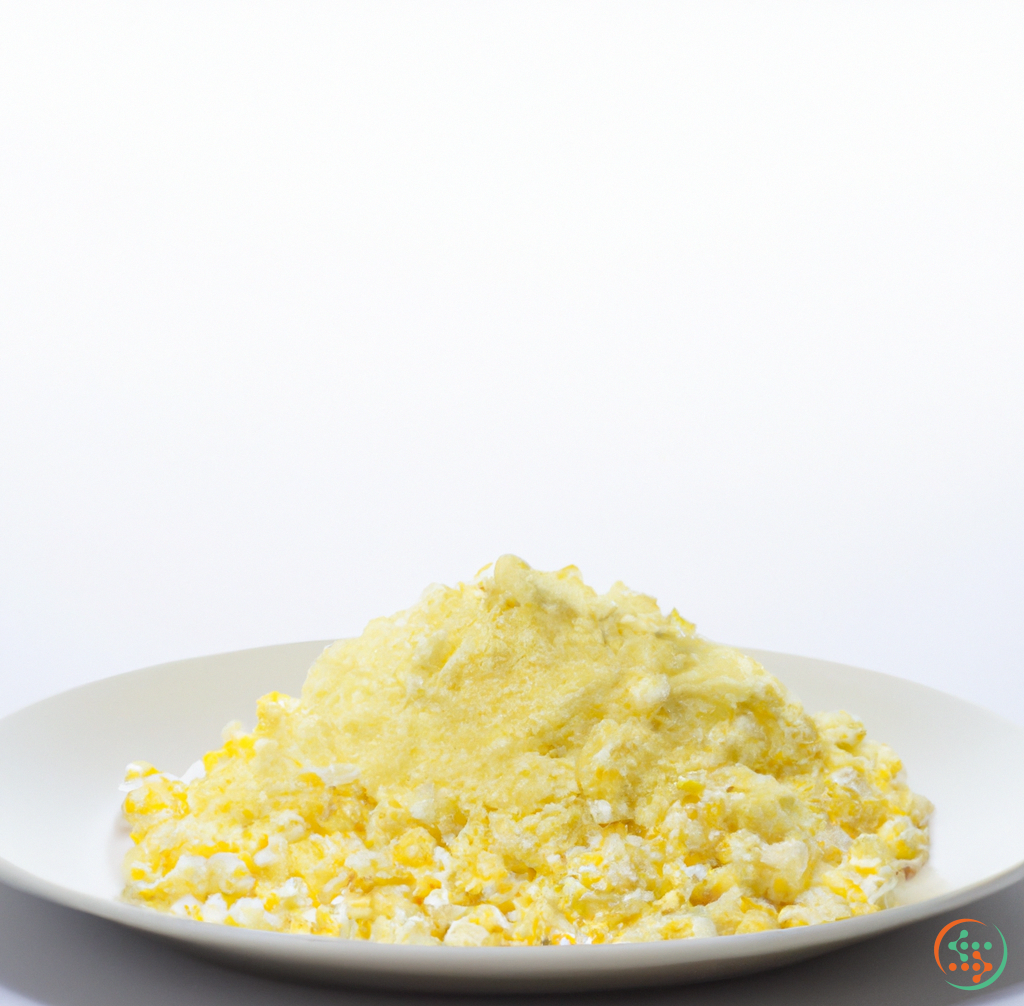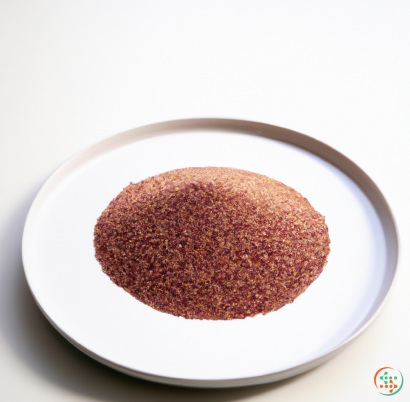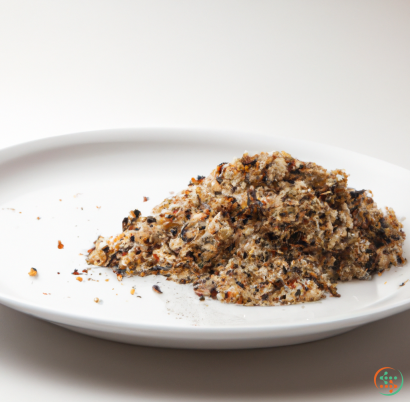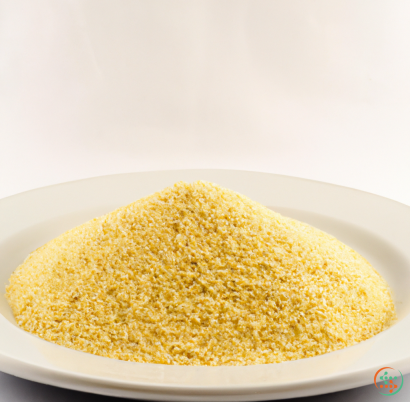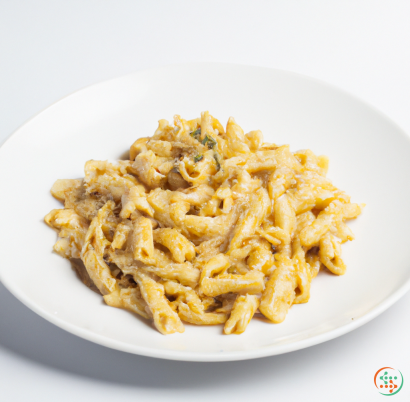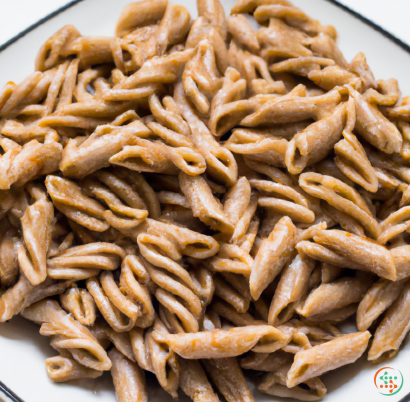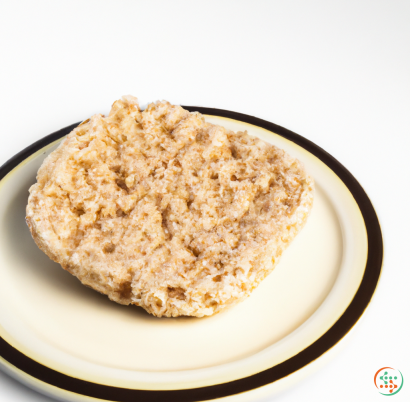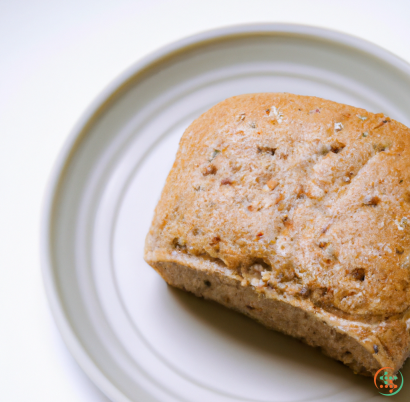Corn Starch
, how it is used, and its benefits
Corn starch, also known as cornflour, is a starch derived from the corn (maize) grain that has been widely used for centuries for a multitude of culinary, industrial and healthcare purposes. Although corn starch is primarily composed of carbohydrates and protein, it can also provide essential nutrients like fiber, vitamins and minerals. Corn starch is an important agricultural commodity in many parts of the world because of its various uses.
Corn starch is typically made from the endosperm found in the kernel of corn. The endosperm holds most of the starch in corn, giving it its white color and glossy texture. The starch is extracted by removing the outer hull of the corn kernel and crushing the endosperm into fine particles. This process is then followed by a series of separations, filtrations and washing steps to obtain the starch. Once pulverized and purified, the starch is ready to be used in a variety of products.
In the kitchen, one of the most common uses of corn starch is as a thickening agent for sauces, gravies, soups, custards and other sauces. To thicken foods, the corn starch is added to cold water or other liquid and then heated, allowing the starches to expand and thicken the liquid. Corn starch is a popular choice for thickening because it is flavorless and has a smooth, creamy texture. The use of corn starch has become increasingly popular in recent years as a natural substitute for other processed thickeners and artificial additives.
In addition to its culinary uses, corn starch is also used in diverse industrial applications. For example, corn starch is commonly used as an adhesive, binding agent and sizing agent in the paper and textile industries. It is also utilized as a thickener and emulsion stabilizer in cosmetics and pharmaceuticals. Additionally, certain grades of corn starch can be used to reduce dust in the manufacturing of speciality paper, soundproof and thermal wallboards and fiberglass insulation.
Corn starch also has a variety of health benefits. As a source of carbohydrates, it provides energy and can help sustain blood sugar levels. Research also suggests that it can help reduce the risk of cardiovascular disease and diabetes as well as lower cholesterol levels. Corn starch is low in fat, making it a great choice for people looking to maintain a healthy dietary lifestyle. Plus, its ample amounts of dietary fiber provide essential nutrition for the body.
When it comes to using corn starch, it is essential to consider the different grades available and the intended use. Food grade corn starch is best used for baking or cooking while industrial grade corn starch is most suitable for manufacturing and industrial applications.
Overall, corn starch is a great addition to all sorts of recipes, manufacturing processes, and goods making the world a better place. It isn’t just nice to have, but necessary too. With its versatile range of uses and health benefits, it is no wonder why it has been used for centuries. Whether you need to create a sauce for dinner or thicken a wallboard for construction, corn starch has got you covered!
Corn Starch: How it Travels from Farm to Table
Corn starch is a versatile ingredient that is commonly used in many recipes, from homemade sauces and gravies, to desserts like meringues and puddings. While you may recognize the little blue box of cornstarch in your cupboard, you probably don’t consider how this beloved starch goes from farm to table. This blog post aims to shed some light on the fascinating, science-backed process which takes corn starch, or maize starch, from the fields to our dinner plates.
What is Corn Starch?
A cornerstone of many kitchens, cornstarch is derived from corn kernels through a process called wet milling. This type of milling involves soaking the kernels in water to begin separating out their starch content, which is then dried and finely ground into powder.
Corn Starch Components
Corn starch is a polysaccharide, made up of two types of polymers: amylose and amylopectin. Amylose is a linear glucose polymer, and amylopectin is a branched form of this polymer. Together, these polymers form a granular structure which gives cornstarch its unique properties.
The Science of Growing Corn
Before cornstarch can travel to our dinner plates, it must first be grown and harvested. Corn, or maize, is an annual grass that is native to North America and is one of the most widely cultivated cereal grains in the world. It is a deep-rooted crop that requires warm temperatures and plenty of moisture to grow. The corn plant goes through several stages of growth, and by the time it is ready to be harvested, it can reach up to eight feet in height.
Harvesting and Drying
Once the corn is mature and ready for harvest, the kernels are picked and dried. This is necessary not just to prevent spoilage, but also to maintain the high starch content of the kernels. A dry kernel contains around ? of its starch content, compared to less than ½ of a wet one. Drying is done with either air drying or mechanical drying and can take a few days to weeks, depending on the weather conditions.
Going Through Wet Milling
After the kernels are dried, they enter the first stage of wet milling - soaking. During this process, the hard outer husks of the kernel are removed, revealing the soft and starchy germ which enables further milling. The next step is a process called grinding, or slurry making. During this stage, the kernels are ground to a paste and mixed with hot water to form a slurry. This slurry is then passed through a process called hydrolysis which separates the starch molecules from smaller particles like protein and fiber.
Centrifuge Separation
In the third stage of the wet milling process, the starchy water produces in the previous step is put into a centrifuge, a rotating cylinder which spins at varying speeds to separate out the starch from other unwanted materials. Once this is complete, the starch is ready to be dried and ground into a powder.
Starch Drying
The next step is drying the starch. This is a critical step to make sure the cornstarch remains stable during storage and transport. There are several methods typically used to dry the starch, including pulsed air, microwave heating, freeze-drying, and spray drying. It’s also possible to use a combination of these methods. Spray drying is the most commonly used method since it can ensure a fine powder and eliminate pathogens, lowering the risk of food contamination.
Tests, Safety, and Packaging
Before the cornstarch is packed and shipped out, the manufacturer runs a series of tests to make sure that the final product meets safety and quality standards. These tests look for moisture content, starch solubility, and other characteristics.
Finally, the starch is packaged in either airtight bags or boxes and stored for transportation. In the U.S., cornstarch is transported via trucks and is tracked as a food commodity with the USDA's Grain Inspection and Feed Program.
From Farm to Plate
After the cornstarch has been fully processed, packaged, transported, and tested, it is delivered to the distributor and eventually sent to grocery stores or restaurants. From there, it finally arrives at your dinner plate.
Whether it’s used to thicken a stew or make a fluffy cake, cornstarch has certainly come a long way to make its way to your kitchen. The entire process of creating and transporting cornstarch relies heavily on both science and technology, and it is truly fascinating to consider the effort that goes into making a seemingly simple ingredient.
| Vitamin B4 | 0.4 mg |
| Calcium | 0.002 grams |
Daily Value 1.3 g
|
| Iron | 0.47 mg |
Daily Value 0.018 g
|
| Magnesium | 0.003 grams |
Daily Value 0.4 g
|
| Phosphorus | 0.013 grams |
Daily Value 1.25 g
|
| Potassium | 0.003 grams |
Daily Value 4.7 g
|
| Sodium | 0.009 grams |
Daily Value 2.3 g
|
| Zinc | 0.06 mg |
Daily Value 0.011 g
|
| Copper | 0.05 mg |
Daily Value 0.9 mg
|
| Manganese | 0.05 mg |
Daily Value 0.0023 g
|
| Selenium | 0.0028 mg |
Daily Value 0.055 mg
|
| Tryptophan | 0.001 grams | |
| Threonine | 0.009 grams | |
| Isoleucine | 0.01 grams | |
| Leucine | 0.036 grams | |
| Lysine | 0.006 grams | |
| Methionine | 0.006 grams | |
| Cystine | 0.006 grams | |
| Phenylalanine | 0.013 grams | |
| Tyrosine | 0.01 grams | |
| Valine | 0.014 grams | |
| Arginine | 0.012 grams | |
| Histidine | 0.008 grams | |
| Alanine | 0.019 grams | |
| Aspartic Acid | 0.02 grams | |
| Glutamic Acid | 0.053 grams | |
| Glycine | 0.009 grams | |
| Proline | 0.024 grams | |
| Serine | 0.012 grams |
| Total Sugars | 0 ug |
per 100g
|
| Palmitic acid (16:0) | 0.01 grams |
|
| Total Saturated fatty acids: | 0.01 g | |
| Oleic acid (18:1) | 0.02 grams |
|
| Total Monounsaturated fatty acids: | 0.02 g | |
| Linoleic acid (18:2) | 0.03 grams |
|
| Total Polyunsaturated fatty acids: | 0.03 g | |
